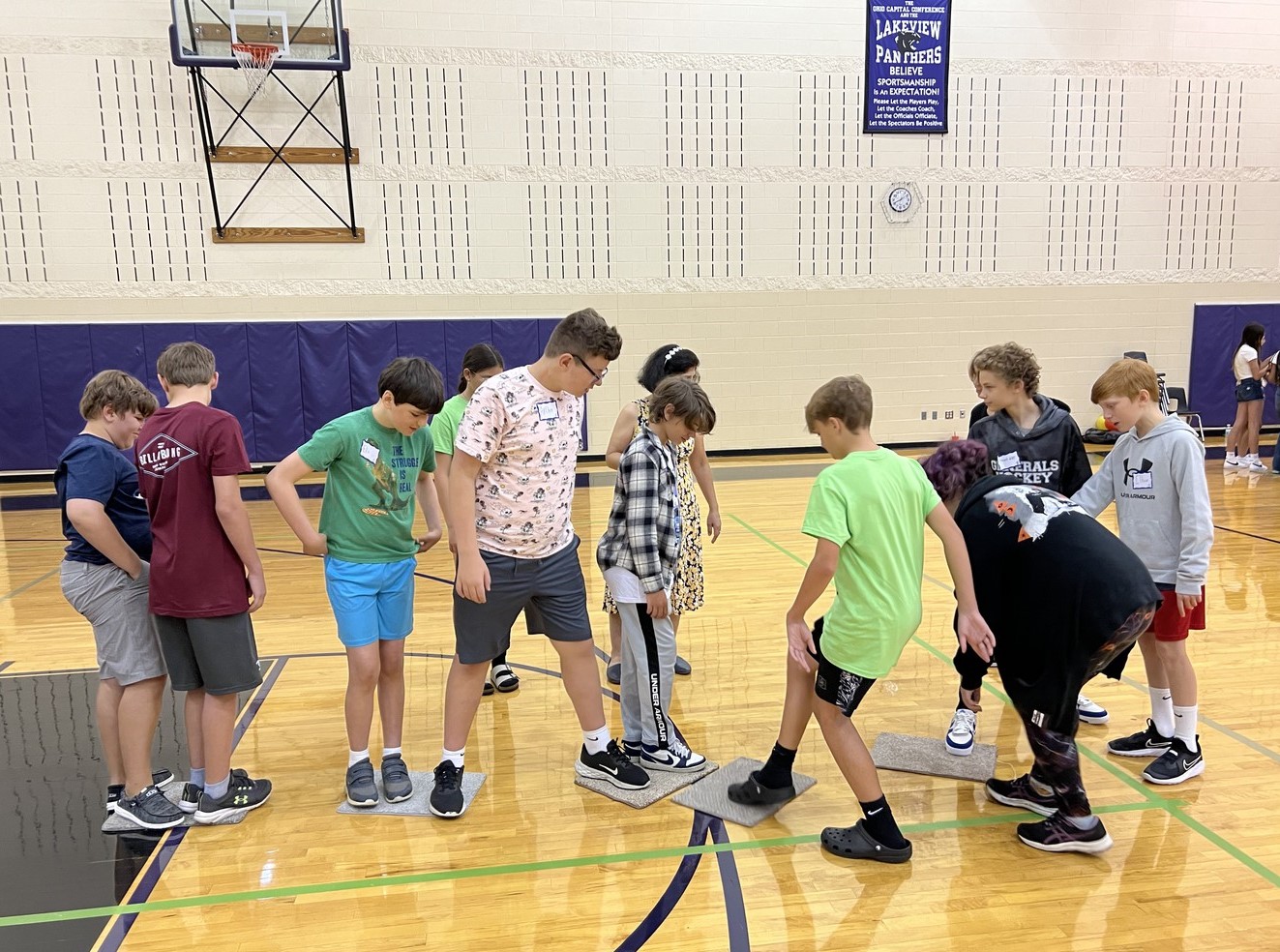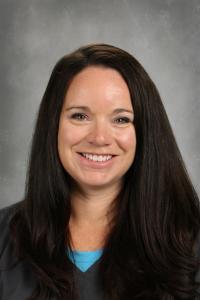State-mandated health screenings (such as vision and hearing) are completed during the school year. Please contact your school nurse if you have concerns regarding your child and the screening process.
Vision screenings are done for all new students and those in preschool, kindergarten, and grades one, three, five, seven, and nine. Hearing screenings are performed with preschool, kindergarten, first, third, fifth, ninth, eleventh, and new students. Referrals letters are sent home if the school nurse suspects a concern or if the student fails a screening.
Vision screenings are not meant to replace comprehensive eye exams, but can help find children at risk for eye problems.
Sometimes, parents or teachers can tell if a child is having a problem. Squinting, complaining of things appearing blurry, or holding reading material close to their face may be signs. Other signs may be less obvious. Sometimes having a short attention span or losing interest in activities that require students to use their eyes for an extended period of time may signal a vision concern. Children who lose their place when reading may be having difficulty seeing. Avoiding reading, drawing, writing or other close activities may also be a sign of a vision problem. Children with vision problems may also turn their heads to the side when looking at an object in front of them to see it better.
Success in school is closely tied to eye health. The earlier a vision concern is found and treated, the better off your child will be. Please contact your child’s school nurse if you have any questions about vision and hearing screenings.




